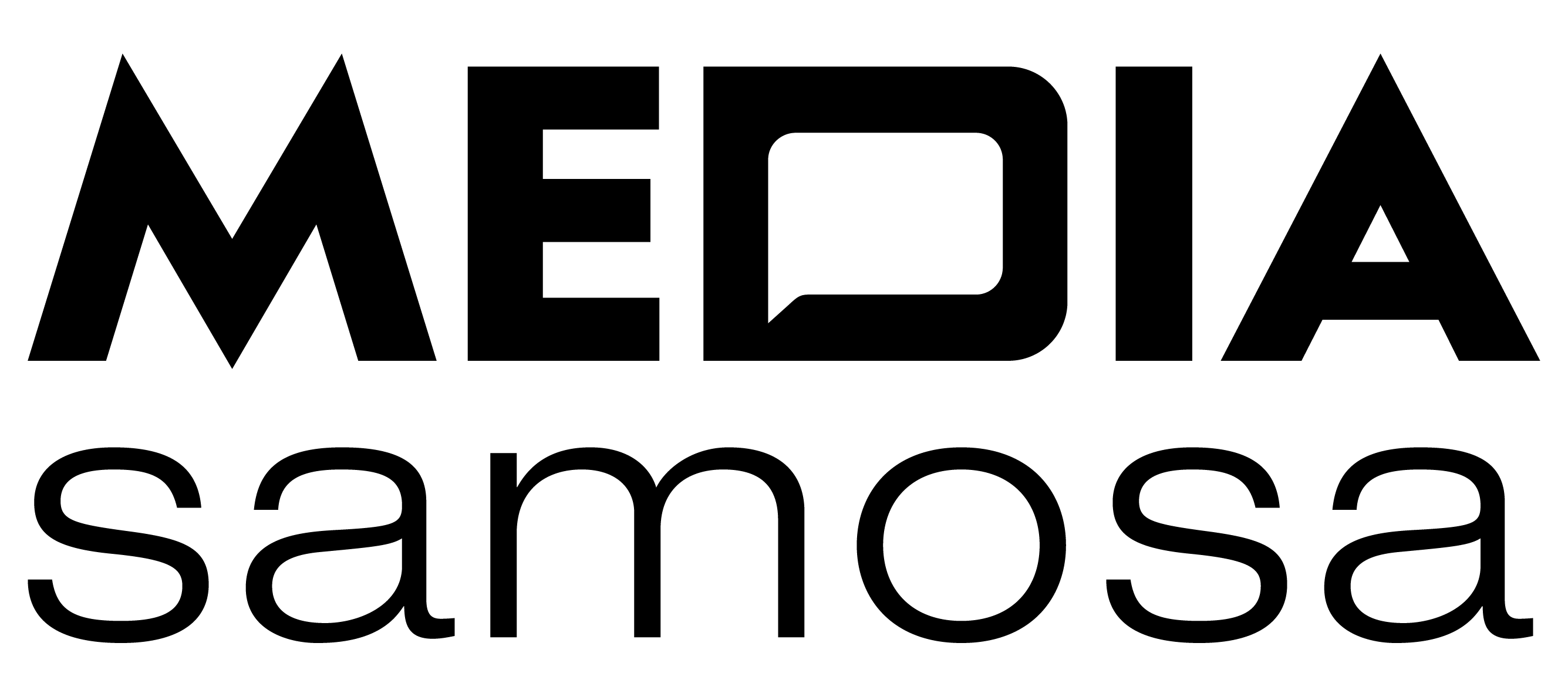The Tetra Pak Index, in its 13th edition, has seen a 10% increase in global concern about food safety and future food supplies, now at 40%, compared to 30% from 2019. In addition, more than 50% of consumers not only believe that improving food safety is the responsibility of manufacturers, they see it as the number one issue that companies need to tackle now and in the future.
According to this year’s research, health is deeply connected to heightened issues of food safety and hygiene: with two-thirds of consumers saying that being healthy is being safe and 60% of consumers globally saying they worry about the food they buy being hygienic and safe. 57% of consumers globally state they are likely to avoid products which have a lot of packaging, with China (71%), India (60%) and the UK (59%) over-indexing. Online conversations in India show a strong link between reducing food waste and preventing hunger, with a focus on the responsibilities of government, business and individuals to work together to that end. There is a growing demand for transparency around production methods and provenance. Buying local is key for China, France, India and the USA.
When asked what is key for them in a package, consumers indicate that ensuring food safety is its main purpose. They also express concerns about environmental innovations in packaging impacting food safety, even though the majority of respondents indicate ‘using sustainable packaging’ as one of the top issues food and beverage brands need to tackle – today and tomorrow.
Also Read: Zomato releases new TVC to highlight safety measures
Adolfo Orive, President and CEO, Tetra Pak comments, “The COVID-19 pandemic has disrupted the status quo, accelerated trends and created a new landscape of consumer needs and opportunities for companies to build on. In particular, the industry needs to address the growing dilemma around food safety and the environment, stepping up towards the twin goals of meeting the human need for food while protecting our planet’s ecosystem. This is where food packaging can play a strong role in bringing about harmony.”
“Working closely with our customers and stakeholders, we are already on a journey to create the ultimate sustainable food package – a carton package that is made solely from responsibly sourced renewable or recycled materials, is fully recyclable and carbon-neutral, allowing ambient distribution and meeting food safety requirements. We see this as a critical step in building a sustainable future for the next generation, especially in the aftermath of COVID-19,” Orive added.
The Index also highlights how food waste is rising up the agenda and this is now seen as a concern by more than three-quarters of respondents. The impact of COVID-19 on supply chains has accelerated awareness of food waste as a pressing issue. There is a likelihood that this sentiment will grow going forward, as the world strives to feed its growing population. Consumers cite food waste reduction as both the number one environmental issue they can influence themselves and one of the top three priorities for manufacturers. But confusing labelling is a barrier, offering brands a chance for better communication.
Dan Esty, Hillhouse Professor at Yale University comments, “This year’s Tetra Pak Index highlights emerging consumer and social concerns that we see increasingly mirrored by academic research. With a growing global population set to require up to 70% more food by 2050, at a time when biodiversity, climate change and food security are becoming ever more pressing, there is an urgent need for change. Bold initiatives such as those taken by Tetra Pak to rethink future food packaging are therefore the need of the hour.”
Comments
comments
